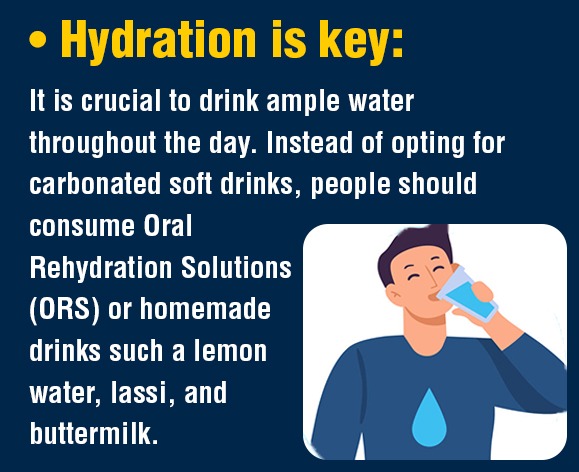As summer sets in, the residents of Guwahati find themselves grappling with an escalating water crisis. Rapid urbanisation and the expansion of new buildings have significantly depleted groundwater levels, transforming parts of the city into urban slums.
ALSO READ: Assam Exits National Football Championship After Defeat To Mizoram
The Guwahati Jal Board (GJB), in collaboration with the Japan International Cooperation Agency (JICA), initiated a project to supply water to city households. However, the completion of this project remains pending. While some households have received connections, frequent flushing tests disrupt their daily water needs.
“The intermittent supply and flushing tests are very frustrating. We often find ourselves without water when we need it most,” said Deepjyoti Brahma, a resident of the Zoo road area.
Previously, connections provided by the Guwahati Municipal Corporation (GMC) were functional but are now nearly defunct. In areas where water is still supplied, the service is highly irregular. Even those with wells on their premises are not spared, often ending up with empty buckets.
Click Here To Join Our WhatsApp Channel
“We invested in a well hoping it would solve our problems, but it rarely yields any water now,” lamented Niva Das, a homemaker from Dispur.
The scarcity has forced residents to buy water delivered by vehicles of various sizes, depending on consumption needs. Prices range from ₹500 to ₹2,000 based on the quantity required.
“The cost of buying water is exorbitant, and it’s an added financial burden on us,” said Nirmal Kashyap, a local shop owner.
Commercial establishments are also suffering, with even borewells failing to provide a sustainable amount of water. “We can’t run our business efficiently because of the water shortage. It’s impacting our operations and profitability,” stated Sushil Deka, owner of a small restaurant in Ulubari.
The water crisis has also severely affected the construction industry. Many builders are facing delays as they struggle to secure adequate water for construction activities. “The lack of water is delaying our projects and increasing costs. We are forced to purchase water, which wasn’t accounted for in our budgets,” said Nishant Dutta, a local builder. For the residents who cannot afford to buy water, the situation is dire. “We have to wait in long queues to get water from municipal taps. Sometimes, it is not even supplied, and we are left without water for days,” shared Manju Kalita, a resident.
With limited water, maintaining hygiene becomes a challenge, increasing the risk of waterborne diseases. “The lack of clean water is affecting our health. We can’t bathe or clean properly, and children are getting sick more often,” said Bimal Rabha, a father of three.
In response to the crisis, some community organisations and NGOs are stepping in to provide temporary relief. “We are distributing water to the most affected areas, but this is not a sustainable solution. The government needs to take more robust measures,” said Mustaq Sabir, a volunteer with a local NGO.
The government has announced plans to expedite the completion of the GJB-JICA project and improve the existing infrastructure. “We understand the urgency of the situation and are working round the clock to resolve the issue. But, there have been few delays due to the overlapping projects of other departments,” said an official from the GJB.
However, residents remain skeptical about the timelines and the effectiveness of these measures. “We’ve heard promises before, but nothing seems to change. We need immediate action, not just words,” said Anil Choudhury, a frustrated resident of Pan Bazaar.
Concerned residents believe that long-term solutions must include better urban planning, water conservation initiatives, and public awareness campaigns. “The city needs to adopt a more sustainable approach to water management. Rainwater harvesting, recycling wastewater, and protecting natural water bodies are essential steps,” said Upen Adhikari, a retired teacher.
In the meantime, the people of Guwahati continue to endure the daily struggle for water, hoping for a resolution that can restore normalcy to their lives. As the summer progresses, the need for a reliable and consistent water supply becomes more pressing than ever. The city’s future hinges on addressing this critical issue effectively and ensuring that every household has access to this basic necessity.










